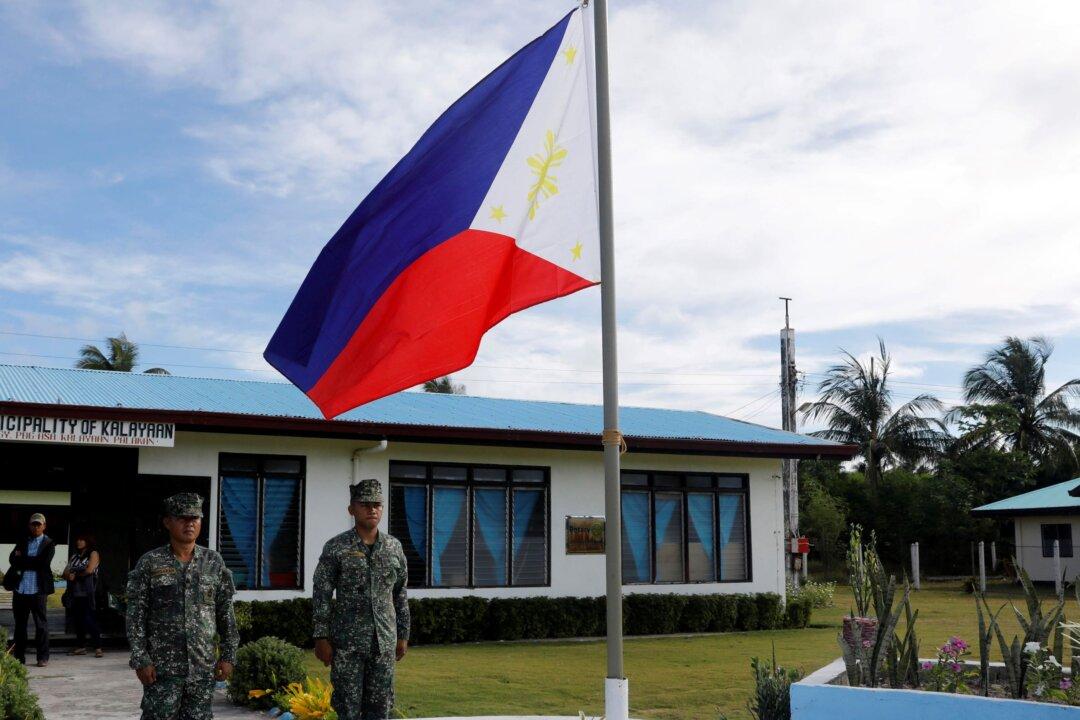A Philippine senator has called for Beijing to recall its representative in Manila “as soon as possible” following his “threat” to the Philippines to oppose Taiwan’s independence.
“How dare he threaten us,” Senator Risa Hontiveros said in a statement on April 16. “He, along with his country’s ships and artificial islands in the West Philippine Sea, should pack up and leave.”





